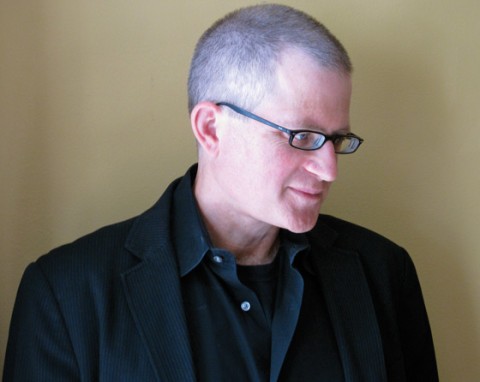Pain, prayer, poetry: An interview with Christian Wiman
“For decades there has been a premium on language as subject,” says poet Christian Wiman. But recently poets are “trying to find some way of speaking of ‘ultimate things’ with some sort of credibility.”

CHRISTIAN WIMAN is a poet and editor of Poetry magazine in Chicago. His most recent book of poems, Every Riven Thing, was published last fall by Farrar, Straus and Giroux.
Why did you become a poet?
Some existential glitch in my brain, I guess—some soul-wound, some little abyss at birth. You look up one day to find that you're addicted to playing with language and that the glitches and wounds and abysses of your brain seem to be soothed by that. You never really become a poet, though. It's an ideal definition, always as elusive as the next poem.
What about your background—growing up in Texas, for example—helped you in the process of becoming a poet and what hindered you?
It was great to grow up in a storytelling culture, and in one that was, at least then, still so close to the earth. It had an intellectual rift between heaven and earth, body and spirit, and it took me a long time to get past that (maybe I'm still not completely past it). And maybe I'd have benefited from having a few books in the house. But overall I'd say that the flatlands of west Texas are as good a place as any to become a poet.




